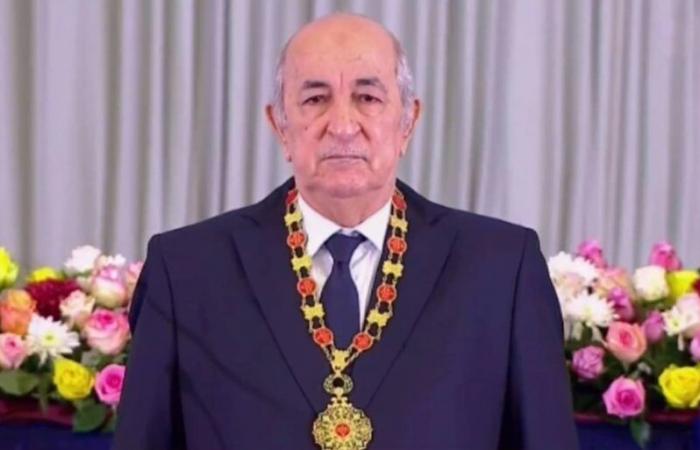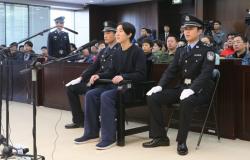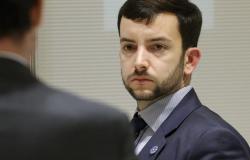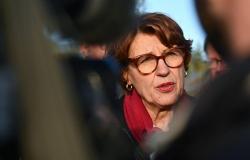In his inauguration speech, the poorly elected Algerian President Abdelmadjid Tebboune proposed a series of commitments and figures disconnected from Algerian economic reality. He once again claims, despite criticism, that he wants to increase the GDP to $400 billion. However, the reality is more eloquent: in 2023, Algerian GDP was around $170 billion, a projected increase of more than 135% in five years, an almost impossible objective given the country’s serious structural problems, such as its heavy dependence on hydrocarbons, which still represented around 90% of total exports in 2022.
In terms of non-hydrocarbon exports, Tebboune plans to increase them to $15 billion for his second term. However, these exports only reached $5 billion in 2023, an unattainable exponential increase without massive diversification of the economy, which is historically a major challenge for bureaucratic Algeria. Similarly, his plan to create 20,000 innovative companies appears unrealistic. During his first term, only about 8,000 entities were created, in an ecosystem that is still embryonic in terms of innovation, financing and technological infrastructure.
Regarding industrial investment, Tebboune claims that industry would contribute 12% of GDP, an illusory objective given that the Algerian industrial sector is in a state of long decay. In 2022, its contribution was less than 6%, and no major structural reform, whatever it may be, seems to justify a doubling of this figure in the short term.
In the housing sector, the announcement of the construction of two million units by the end of his term seems equally fanciful, given the apathy of the construction sites in progress and the endemic corruption. Furthermore, the difficulties related to the water supply, despite the promises of five new desalination plants, remain a major concern. The inadequacy of the hydraulic infrastructure, exacerbated by the drought, continues to limit the results in this key area for social peace in Algeria.
At the same time, Abdelmadjid Tebboune argued for a 100% increase in salaries and pensions by the end of his term. However, rising inflation, which reached nearly 9% in 2022, makes this projection difficult to sustain since the budgetary situation remains fragile, with a large public deficit that limits the room for maneuver for such salary increases.






